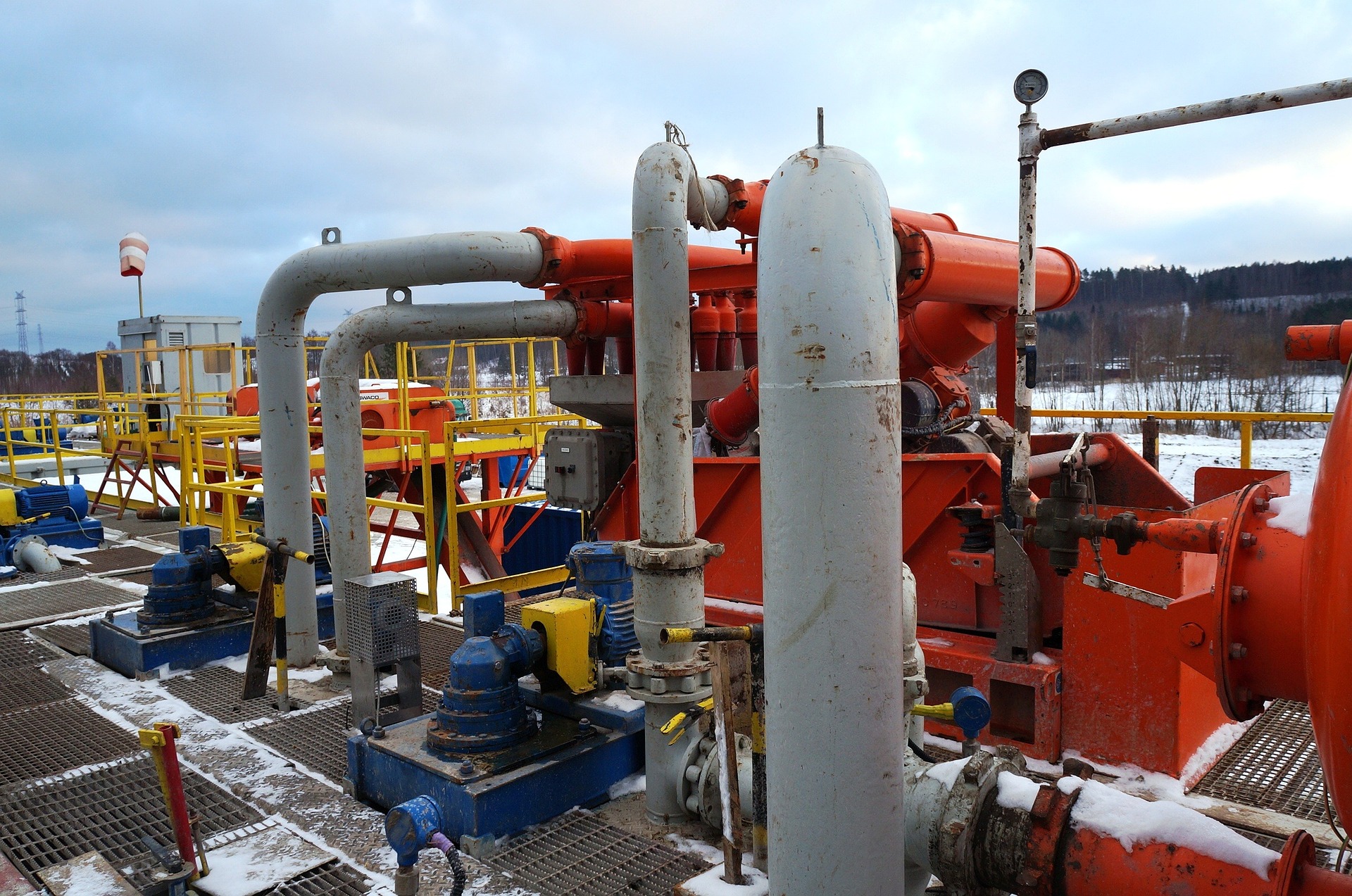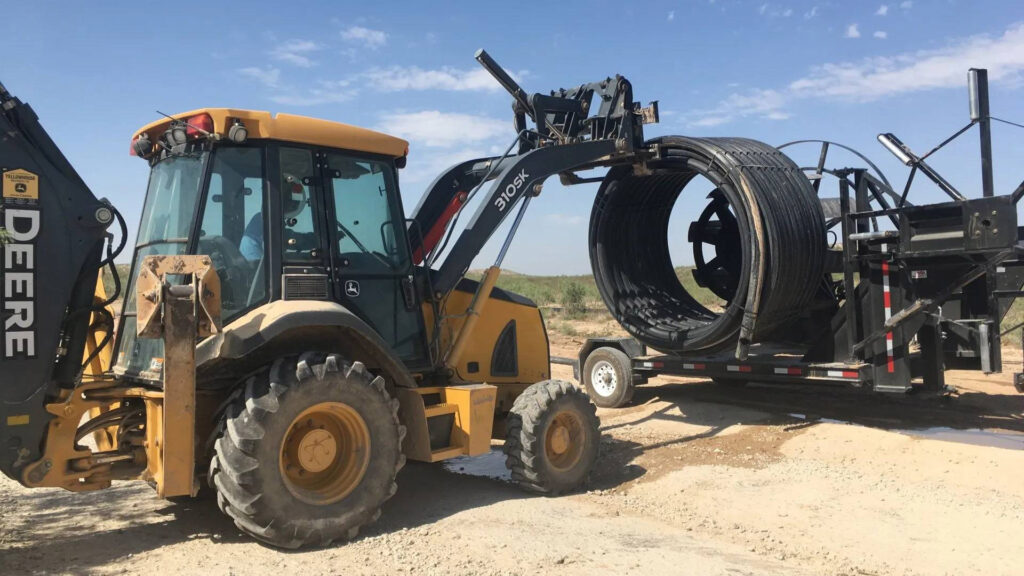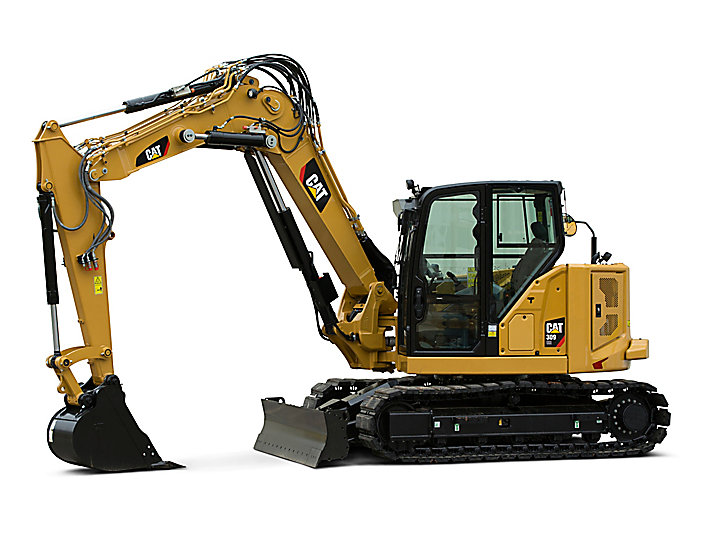Superior Rentals fusion machines: key benefits for pipeline welding
Wiki Article
A Comprehensive Guide to the Different Types of Oil Field Equipment and Pipeline Equipment Available
The oil and gas sector relies greatly on specialized devices for reliable removal and transportation. Various sorts of machinery, from drilling rigs to tank, play vital roles in this complicated procedure. Each item of tools serves distinct functions that add to total operational success. Recognizing these parts is essential for anybody associated with the sector. As the industry develops, so as well do the innovations that support it. What developments are on the horizon?
Drilling Rigs: The Backbone of Oil Expedition
Drilling rigs work as the essential equipment in the domain of oil expedition, enabling companies to access hydrocarbon gets hidden deep below the Planet's surface area. These rigs come in numerous types, including land rigs, offshore rigs, and mobile devices, each created to operate in details environments. Equipped with sophisticated technology, piercing rigs can pass through geological formations with accuracy, ensuring efficient resource extraction. The architectural stability and functional capacities of these rigs are essential, as they must endure extreme problems and significant stress. The choice of an exploration rig influences the total project cost and timeline, making it a crucial factor to consider for oil firms looking for to maximize their exploration efforts and make best use of productivity in their operations.Pumps: Important for Fluid Movement
In the oil extraction process, the function of pumps is considerable, helping with the motion of fluids throughout numerous stages of manufacturing. Pumps are necessary for moving petroleum, water, and other liquids from below ground reservoirs to the surface and after that via pipelines to refineries. They are available in numerous kinds, consisting of centrifugal, favorable variation, and completely submersible pumps, each serving particular purposes based on the liquid characteristics and operational needs. Centrifugal pumps are generally utilized for their effectiveness in high-flow applications, while positive variation pumps master managing thick liquids. The selection of pump influences overall effectiveness, functional security, and maintenance expenses. Appropriate choice and maintenance of pumps are crucial for maximizing manufacturing and reducing downtime in oil field procedures.Shutoffs: Controlling Circulation and Pressure

Shutoffs play an essential duty in managing the circulation and stress of fluids within oil areas and pipes. Various sorts of shutoffs offer distinct applications, each made to fulfill certain functions essential for reliable operation - Superior Rentals Contact. Recognizing the qualities and uses these valves is essential for optimizing system performance and security
Kinds of Valves
Crucial components in oil field operations, valves play a critical duty in regulating the circulation and pressure of liquids within pipes and equipment. Various kinds of valves are used to fulfill the diverse needs of oil and gas manufacturing. Usual types include gateway shutoffs, which offer a straight-line circulation and minimal pressure decline; world valves, understood for their strangling capabilities; and sphere shutoffs, identified for their quick on/off control. Furthermore, check valves protect against backflow, while butterfly valves use a light-weight solution for regulating flow. Each valve type is developed with details materials and setups to endure the severe conditions commonly discovered in oil fields, making sure reliability and effectiveness in procedures. Recognizing these kinds is vital for effective system administration.Valve Applications and Functions
While different kinds of valves serve distinctive objectives, their primary applications rotate around controlling circulation and pressure within oil and gas systems. Valves such as gate, world, and ball shutoffs control liquid motion, ensuring peak efficiency and safety and security. Entrance shutoffs are frequently made use of for on/off control, giving marginal circulation resistance. World shutoffs, on the other hand, deal accurate circulation guideline, making them appropriate for throttling applications. Round shutoffs are favored for their quick procedure and limited sealing abilities. In addition, pressure safety valve are crucial for preventing system overpressure, securing equipment integrity. On the whole, the appropriate choice and application of shutoffs improve functional efficiency, making certain the reliable transport of oil and gas through pipes and handling facilities.Compressors: Enhancing Gas Transportation
Compressors play an essential function in the reliable transportation of gas, making sure that it relocates efficiently through pipelines over fars away. These gadgets increase the stress of natural gas, enabling it to overcome rubbing and altitude modifications within the pipeline system. In addition, compressors assist in the harmonizing of supply and demand, suiting changes in intake and production prices. Various sorts of compressors are utilized in the market, consisting of centrifugal, reciprocating, and rotating more info screw compressors, each offering distinct advantages based on the functional requirements. Routine upkeep of these compressors is vital to take full advantage of performance and minimize downtime, ultimately adding to a dependable gas transport network. Their essential function underscores the significance of compressors in the general oil and gas facilities.Storage Tanks: Safe and Effective Liquid Administration
Efficient transport of natural gas counts on numerous sustaining systems, among which is the appropriate administration of tank. These tanks play an important function in securely including fluids, guaranteeing that operational performance is preserved while reducing ecological threats. Built from long lasting products, they are created to endure high pressures and corrosive elements. Correctly sized and tactically located, storage tanks facilitate the smooth flow of natural gas and various other liquids, protecting against traffic jams in supply chains. Normal upkeep and surveillance are essential to spot leakages or architectural concerns, advertising security and compliance with regulatory standards. Ultimately, the reliable monitoring of tank is essential for the total honesty and dependability of the oil and gas market's fluid handling systems.
Pipeline Equipments: Framework for Transport
Pipeline systems function as the foundation of the oil and gas market, helping with the efficient transportation of hydrocarbons over substantial ranges. These systems include different elements, including pipes, valves, pumps, and compressors, all thoroughly made to assure seamless flow. The materials utilized in pipeline construction, commonly steel or high-density polyethylene, are picked for durability and resistance to rust. Pipeline networks can span throughout land and water, attaching manufacturing sites to refineries and circulation. Additionally, advanced technology enables real-time monitoring of circulation rates and stress levels, enhancing functional effectiveness. The calculated positioning of these pipes decreases environmental influence while maximizing resource availability, therefore playing an essential role in meeting power needs around the world.Safety And Security Equipment: Making Certain Employee and Environmental Defense
The procedure of pipeline systems, while important for energy transportation, likewise provides significant safety and security difficulties for workers and the atmosphere. Safety and security equipment plays a considerable duty in mitigating these dangers. Personal safety tools (PPE) such as headgears, gloves, and non-slip shoes safeguards employees from physical risks. Additionally, gas discovery systems keep an eye on for leaks, guaranteeing that hazardous compounds do not position a threat to employees or the surrounding ecosystem. Emergency situation closure systems are crucial for rapidly stopping procedures throughout a dilemma, protecting against potential disasters. Spill control products, including absorbents and obstacles, are basic for decreasing ecological influence. On the whole, buying all-encompassing security equipment is important for preserving functional stability and protecting both workers and the setting in the oil and gas market.
Regularly Asked Inquiries
Just how Do I Pick the Right Oil Field Equipment for My Job?
Choosing the ideal oil area devices entails assessing project requirements, budget restrictions, and operational requirements. Consider variables such as tools integrity, compatibility with existing systems, and the vendor's online reputation to assure peak efficiency and safety and security.What Are the Maintenance Requirements for Oil Field Equipment?
Upkeep requirements for oil field tools consist of regular inspections, lubrication, and prompt repair services. Operators must also stick to supplier standards, screen performance metrics, and warranty compliance with safety regulations to boost durability and efficiency.
Just How Can I Ensure Conformity With Environmental Laws?
To guarantee compliance with ecological guidelines, companies must perform routine audits, execute best methods, buy training, preserve appropriate paperwork, and remain upgraded on regulation (Superior Rentals fusion machines). Cooperation with ecological firms can additionally boost adherence to lawsWhat Is the Ordinary Life Expectancy of Pipeline Equipment?
The typical life expectancy of pipeline devices usually varies from 20 to half a century, relying on elements such as worldly quality, environmental problems, and maintenance methods. Normal assessments can greatly influence durability and operational effectiveness.How Do I Safely Move Oil Field Equipment to Remote Locations?
Carrying oil area equipment to remote places needs mindful planning, including course assessment, securing licenses, using appropriate lorries, and making certain safety and security procedures are adhered to. Proper training and communication amongst teams are necessary for successful transport.Report this wiki page